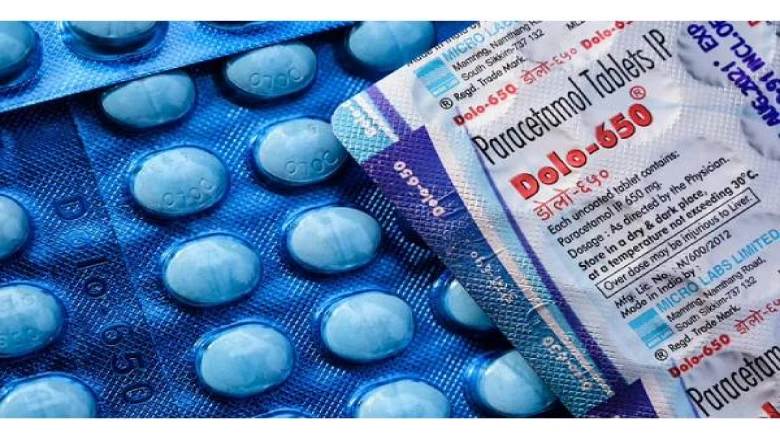Article

It was said that pharmaceutical corporations should follow ethical marketing procedures and that the right to health is a component of the right to life.
Digital Desk: The Dolo-650
tablet manufacturers have been charged by the Central Board for Direct Taxes
(CBDT) with spending Rs 1,000 crore on gifts for doctors who prescribe the medication.
Sanjay Parikh, a counsel for
the Federation of Medical & Sales Representatives Association of India
(FMRAI) in the Union of India v. FMRAI case, said that DOLO had spent the money
on "freebies" in order to have it prescribed, per Bar and Bench (B&B).
Through the assistance of
attorney Aparna Bhat, a public interest lawsuit (PIL) seeking legal support
from the Uniform Code of Pharmaceutical Marketing Practices was submitted to
the court (UCPMP). It was said that pharmaceutical corporations should follow
ethical marketing procedures and that the right to health is a component of the
right to life.
It is a severe matter,
according to the bench's chief justice, Justice DY Chandrachud. "I don't
find this to be relaxing. When I had Covid, I was also asked to have the same.
This is a really painful thing, "He stated, according to B&B.
Within ten days, the federal
government is required to submit a response. Additional Solicitor General KM
Natraj was defending it.
The petitioner added that
India has no laws against corruption in pharmaceutical marketing activities.
The report continued, "This is despite the nation having ratified the UN
Convention against corruption."
There is now no law in India
that forbids such a behaviour.
According to the appeal, the patient's life and health are also in danger. Additionally, it stated
that in this case, the patient pays for branded medications that doctors
"over-prescribe" or "prescribe unreasonably."
It was argued that giving
UCPMP a legal foundation would increase process openness and accountability.
However, soon after the
hearing, the administration published a draught UCPMP and requested public
feedback.
Leave A Comment